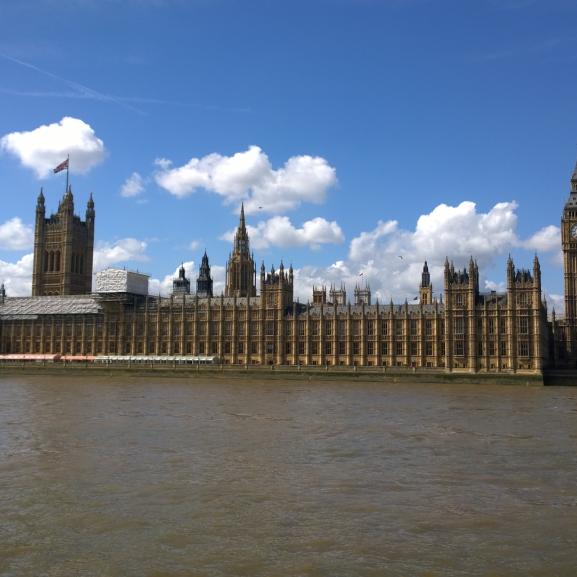Lawyers urged to address inequalities in health care for torture survivors
The inequalities in health care for torture survivors provided the focus of an MF talk to a leading national human rights forum aimed at raising awareness among lawyers working with asylum seekers.
Angela Burnett has worked at the Medical Foundation for 12 years, documenting evidence of torture for medico-legal reports, which play a pivotal role in securing status for many people fleeing persecution.
This week she addressed a team of legal experts at the Welsh Centre for International Affairs about the frequency with which asylum seekers' basic human rights are violated and the subsequent impact this has on their mental health and their ability to integrate in the community.
"Under the new amendments of the NHS regulations, asylum seekers' entitlement to health care is severely restricted," says Dr Burnett, who has written a series in the British Medical Journal on the health of refugees and torture survivors. "Confusion reigns within the system and whether it is a deliberate violation or an unfortunate consequence, a person's fundamental right to an acceptable level of service is compromised, which is something that we as professionals with the power to influence and implement policy must address."
A lack of culturally appropriate services and preconceived notions of asylum seekers are just some of a host of barriers torture survivors come across when trying to access services. They are also forbidden to work unless their application for refugee status takes longer than a year to complete. Having already been forced to leave behind their professional and social network, this can exacerbate the psychological trauma.
"We need to focus on what can help; that means ensuring more positive decisions in the asylum process," says Dr Burnett. "We need to improve the socio-political conditions to give these people back their right and ability to rebuild their lives."





